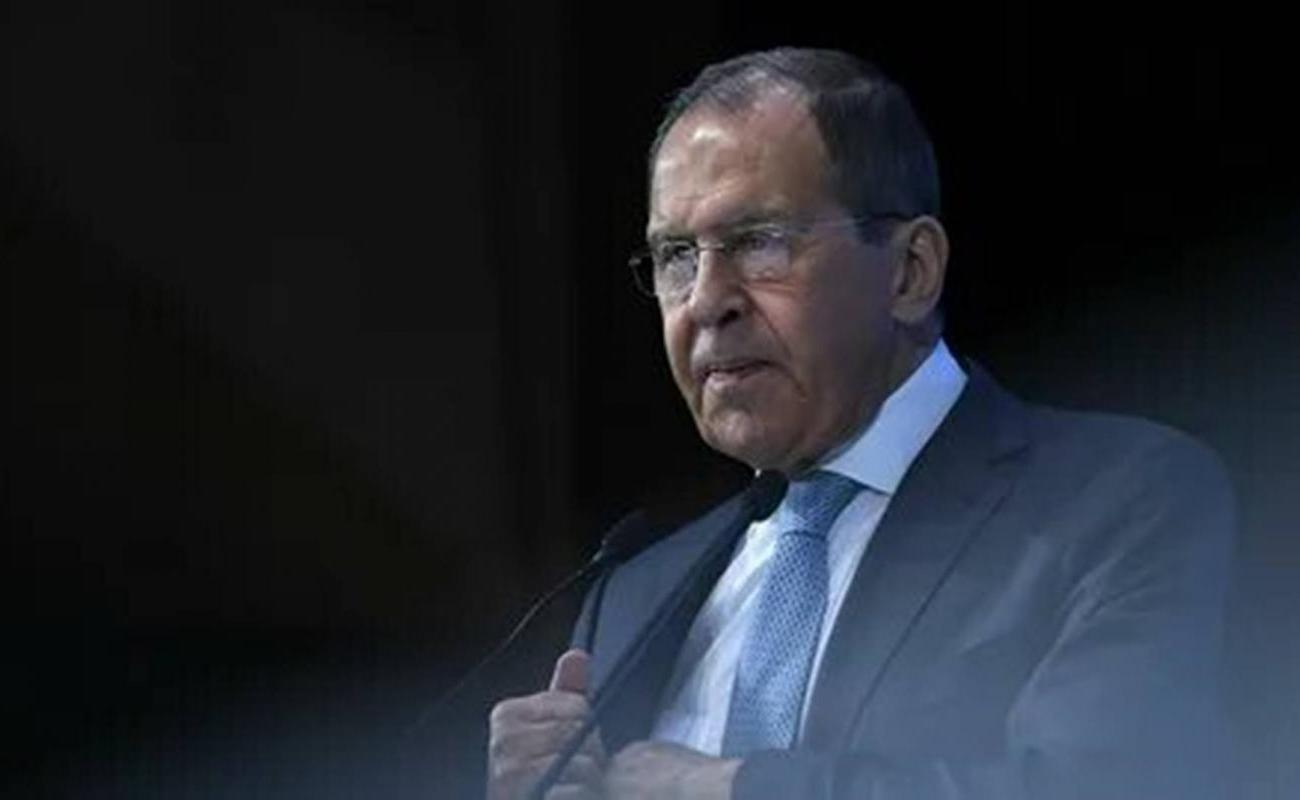"The Second Ukraine". Why is Lavrov threatening Moldova?

The harsh statements of the head of Russian diplomacy, Sergei Lavrov, against the Republic of Moldova and its president, Maja Sandu, reminded once again that the Kremlin does not have a conflict only with Ukraine. He stated that any former Soviet republic that wants to choose its own independent path of development is a "non-state" for Russian leaders. Because of this, Moldova received the title of "second Ukraine" from the Russian Foreign Minister.
But the interest in Moldova and the influence on its foreign policy is not only caused by the current situation and the war with Ukraine. Back in the 1990s, Moscow understood that influence in Chisinau was the key to destabilizing the situation in southern Ukraine and at the same time an opportunity to demonstrate a "civilized" territorial conflict, when the legitimate government of the country is in constant contact with the puppet administration of the region of Moldova, which is actually controlled from Moscow.
That is why the Russian leadership has always actively helped to strengthen the influence of pro-Russian forces in the region. These efforts culminated when Ihori Dodon, leader of the pro-Russian Socialist Party, was elected president of Moldova.
After his election, Russia for the first time, and hopefully for the last time in the history of the post-Soviet space, reached an agreement with the West on the need to consolidate pro-European and pro-Russian forces in Moldova in the fight against the country's de facto leader, oligarch Vlad Plahotniuk.
A dubious agreement that allowed Maja Sanda to form a short-lived coalition government led to the triumph of pro-Russian forces. The symbol of this triumph was the trip of the country's president, Igor Dodon, to occupied Bender, where the head of state celebrated Russia Day in the company of the head of Transnistria, Vadim Krasnoselsky.
Putin was "betrayed" not only by the citizens of Ukraine
I can well assume that at that time in Moscow they could finally come to the conclusion that a little effort is needed to make the neighboring Ukraine "another Moldova". It is no coincidence that the Kremlin constantly asked Volodymyr Zelensky to have direct contacts with the leaders of the "DPR" and "LPR" groups.
But Vladimir Putin was "betrayed" not only by the citizens of Ukraine, but also by the citizens of Moldova. Ihor Dodon lost the presidential election to Maja Sandu, Moldova chose the European direction of development and even became a candidate for membership in the European Union together with Ukraine. And this, of course, causes undisguised frustration in the Kremlin.
But the matter is not limited to one frustration. Energy blackmail, promotion of destabilization of the country, attacks on its leadership - this is the reality of relations between Moscow and Chisinau.
The general of the Russian Federation wanted to protect the "Russian-speaking population"
And on April 22 last year, Russian General Rustam Minekaev, then the acting commander of the troops of the Central Military District, said at a meeting of the trade union of defense industry companies of the Sverdlovsk region that Russian troops see the task of the second phase of the war in Ukraine to establish full control over the Donbass, southern Ukraine , providing a land corridor to Crimea and access to Moldovan borders.
Control over the south of Ukraine would make it possible to get "another exit" to Transnistria, where "the facts of the oppression of the Russian-speaking population are recorded", General Minekaev said at the time, and this was already a direct threat to the sovereignty and security of Moldova.
These plans were not destined to come true: Ukrainian troops did not let the Russian aggressor into the south of the country. But the threat to Moldova has not stopped being a threat.
